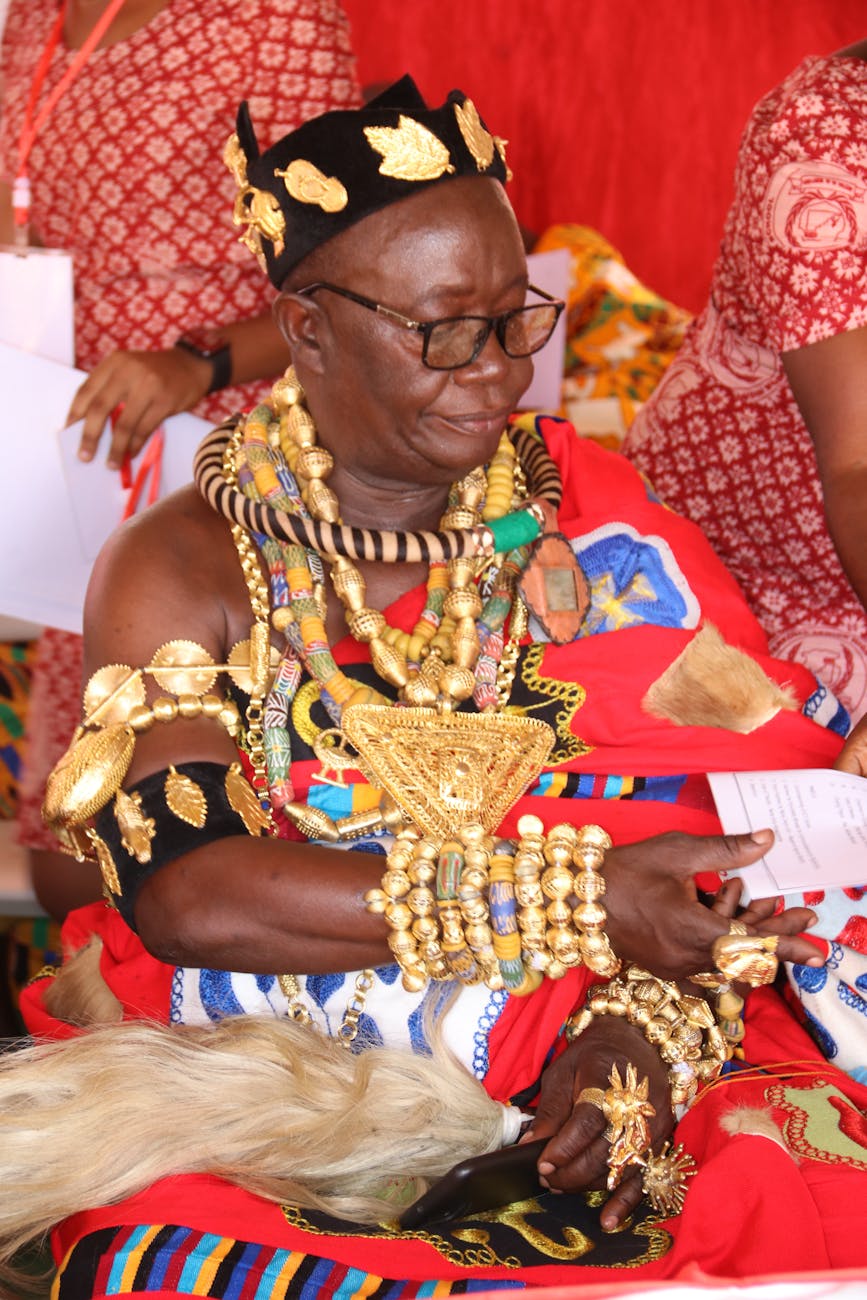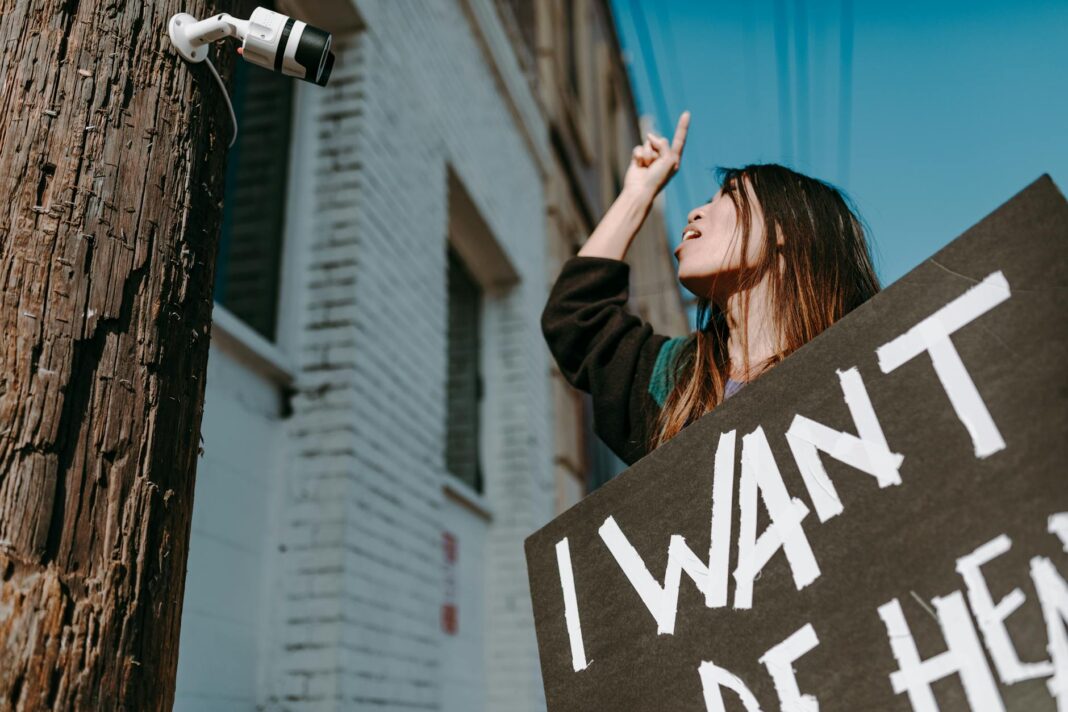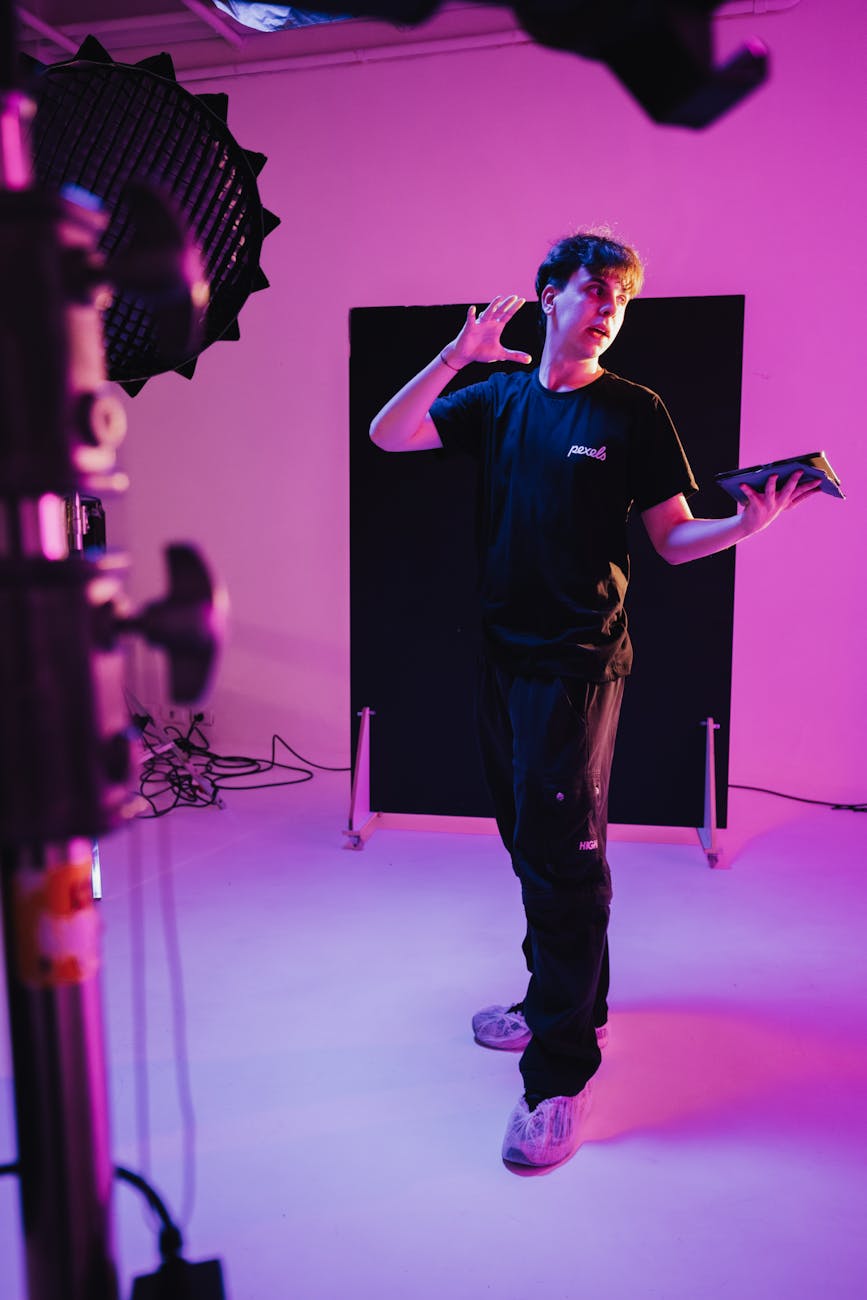What Happened to Charlie Kirk
?
Charlie Kirk, a conservative activist known for his outspoken views and leadership in the youth conservative movement, was tragically assassinated at a college in Utah. The incident has sent shockwaves through various political and social circles, prompting debates about the implications of such violence in today’s polarized climate. Kirk’s assassination raises questions not only about his life and work but also about the environment surrounding this brutal act. A prominent figure in the conservative movement, Kirk had a significant following, particularly among younger audiences, and his death has left many supporters grappling with the loss of an influential voice.
The Search for Answer
s
In the aftermath of the shooting, law enforcement agencies launched a thorough investigation to uncover the motivations behind the attack. Initial reports suggest that the suspect’s family played a crucial role in assisting authorities, leading to his swift apprehension. This cooperation indicates a complex narrative that may involve personal grievances or ideological battles, but the specifics remain murky. Investigators are delving into the suspect’s background, looking for any signs that could illuminate the reasons behind the assassination. The investigation aims to paint a clearer picture of the events leading up to the attack and whether it was a targeted act of political violence or something more personal.
The Broader Impac
t
Kirk’s death isn’t just a headline; it’s a stark reminder of the escalating tensions in American society. The incident has reignited discussions about the safety of public figures, particularly those with controversial views. As political rhetoric intensifies, the boundary between passionate discourse and violence becomes increasingly blurred. The implications of this tragedy extend beyond Kirk himself, affecting countless activists, students, and citizens who engage in public dialogue. The fear of violence can stifle free expression and discourage individuals from sharing their viewpoints, ultimately harming democratic discourse.
Reactions from the Political Spher
e
Following Kirk’s assassination, reactions flooded in from various political figures and organizations. Supporters mourned the loss of a prominent voice in conservative politics, while opponents raised concerns about the culture of hostility and aggression that can sometimes accompany such ideologies. This duality illustrates the divided nature of the current political landscape, where even a tragedy can spark competing narratives and further entrench divisions. Some political commentators have called for a re-evaluation of how public figures conduct themselves and communicate their messages, emphasizing the need for civility and responsibility in political discourse.
The Role of Medi
a
The media plays a pivotal role in shaping public perception and reaction to events like this. Coverage of Kirk’s assassination can either fuel the flames of division or promote healing through understanding. How the story is reported can significantly influence how people perceive the motivations behind the attack and the broader implications for political discourse. Responsible journalism is essential in navigating these treacherous waters, as sensationalism could exacerbate tensions rather than alleviate them.
Looking Ahea
d
As the investigation unfolds and more information becomes available, the focus will likely shift towards not just understanding the motivations behind this assassination but also addressing the larger issue of political violence. It’s crucial for society to confront the underlying tensions that lead to such extreme actions. Engaging in respectful dialogue and finding common ground may be more important now than ever. Advocates for political reform argue that fostering a culture of respect and understanding can lead to a more peaceful society. Initiatives that encourage constructive dialogue among differing viewpoints could be essential in preventing future tragedies.
Question
s
What steps can be taken to prevent political violence in the future?
How can society foster more constructive political discourse?
What role do public figures play in shaping the political climate?




